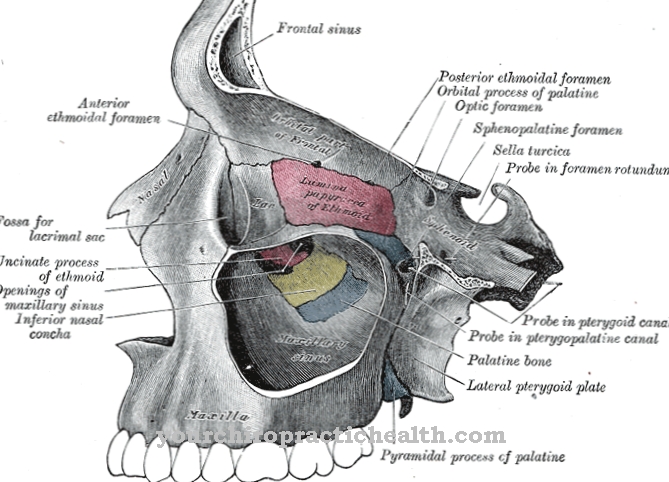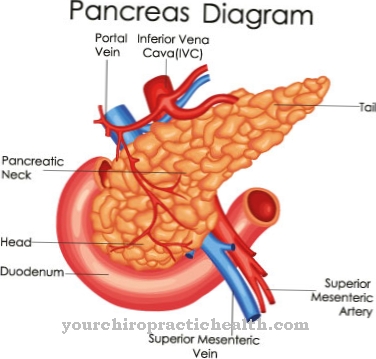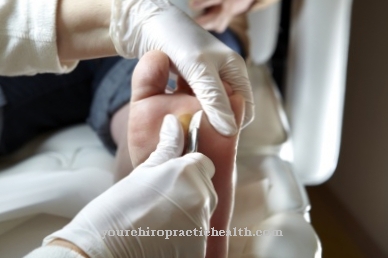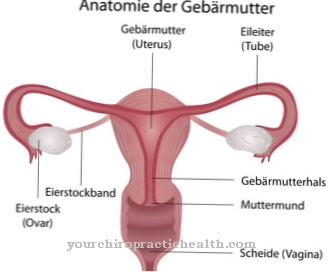A healthy sleep is important for well-being and performance. People don't always sleep equally deeply. During sleep, the body goes through several sleep cycles, one of which is the Deep sleep.
What is deep sleep?

The human sleep rhythm can be divided into different sleep phases. After falling asleep, the body falls into a deep sleep phase. This begins about half an hour after you fall asleep. In this cycle, the electroencephalogram - EEG for short - in the sleep laboratory shows uniform wave patterns with valleys. The first deep sleep phase is usually the longest and lasts around an hour.
Deep sleep is interrupted by lighter dream or REM phases. REM stands for "Rapid Eye Movement" and describes a phase that is very close to being awake.
The human body goes through four to six sleep cycles, consisting of light sleep, deep sleep and dream sleep, on average every night. One cycle lasts about ninety minutes.
Towards morning the duration of deep sleep is shortened. After about four hours, the person hardly falls into deep sleep. Research shows that waking up early in the morning does not affect performance as long as the body can fully utilize the first deep sleep phase it needs.
Function & task
Basically, almost all positive effects of sleep are triggered by the deep sleep phases. Generally speaking, sleep helps the body to recover and regenerate. After a busy day, a feeling of exhaustion and tiredness indicates the body's need for sleep.
Reserves fill up again during the period of deep sleep. The immune system is strengthened by increased hormone output. In deep sleep, the muscles relax, while blood pressure and circulation decrease. The cortisol level is also lowest during this phase. Cortisol is a stress hormone that is broken down during the deep sleep phase.
In addition, what you have learned is best memorized within this period. The deep sleep phases not only serve the physical recovery, but also have a positive effect on the mental state.
To prove this, several studies were carried out in which test subjects had to memorize patterns before going to bed. These should be played back when you wake up. As expected, they achieved better results than test persons who were presented with the sample for the first time after sleep.
The events of the day are arranged in deep sleep and processed in the dream phases. The brain sorts out unimportant information and arranges negative and positive experiences.
The performance of the body is guaranteed especially in the deep sleep phase. However, this is also the sleep phase when people are most likely to talk or sleepwalk in their sleep. Usually there are no disadvantages for humans. For partners, however, sleepwalking can be disruptive and uncomfortable.
The person concerned, however, should not be disturbed during this phase. Those who are awakened in deep sleep usually show disorientation and states of confusion, as the consciousness functions of the body are completely shut down for recovery.
You can find your medication here
➔ Medication for sleep disordersIllnesses & ailments
Considering these aspects, it is hardly surprising what effect sleep disorders can have on the body and everyday life of people. Constant interruption of sleep due to disturbances has a decisive effect on people's sleep cycles. Recovery and regeneration can no longer be guaranteed. Those affected are not rested and may complain of tiredness and poor concentration.
If this is the case now and then, there is no need to fear further consequences. Regular sleep disorders, on the other hand, have a negative effect on the organism. Stress, exhaustion and difficulty concentrating are the result.
Those affected are often more irritable and can no longer do everyday tasks with the usual efficiency. In addition, physical fitness also decreases. The result is fatigue. Sleep disorders are often accompanied by tension in the muscles, as the body cannot relax to the extent necessary.
Various symptoms and illnesses occur during the sleep phases and disrupt their relaxation. This includes what is known as sleep apnea, for example. This is a disease that is characterized by respiratory arrest during sleep. The consequences are daytime sleepiness and microsleep. In addition, a number of secondary diseases can be triggered by sleep apnea syndrome.
The constant nocturnal awakening is caused by alarm reactions of the body due to a lack of oxygen supply. Often waking up is not consciously noticed.
Another condition that prevents healthy sleep is narcolepsy. This is excessive daytime sleepiness that is associated with uncontrolled falling asleep. Sleep at night is also disturbed.
In addition to a disturbed sleep rhythm caused by everyday life or psychological causes, up to 10% of the population regularly suffer from restless legs syndrome. The disorder manifests itself in an uncomfortable urge to move in the limbs, which prevents falling asleep.
This is a neurological disease that is often not perceived as such by those affected. The disrupted sleep rhythm often leads to a drop in performance as well as depressive moods and daytime sleepiness.
In most cases, medication such as sleeping pills or antidepressants can help. Changing sleeping habits can also work wonders. Regular sleep rituals not only promote awareness of healthy sleeping habits, but also help those who suffer to better organize their day.

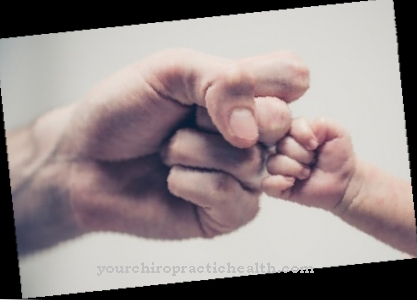
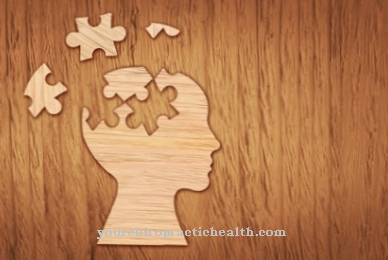
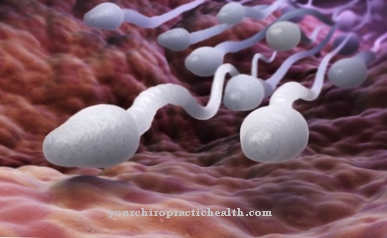
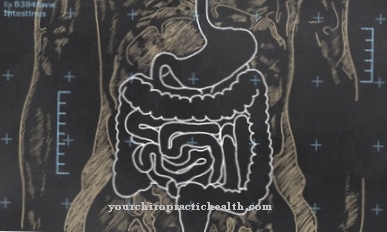
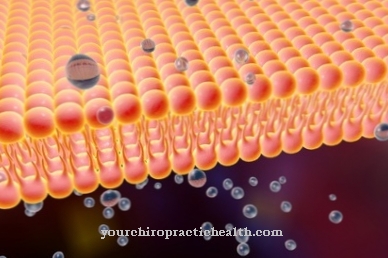
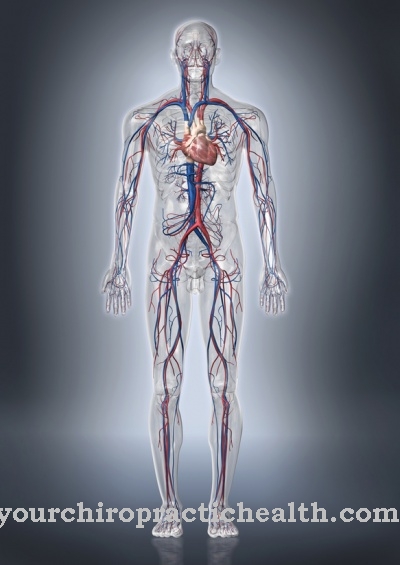

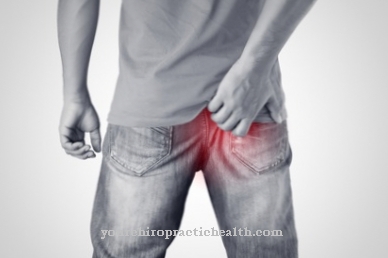


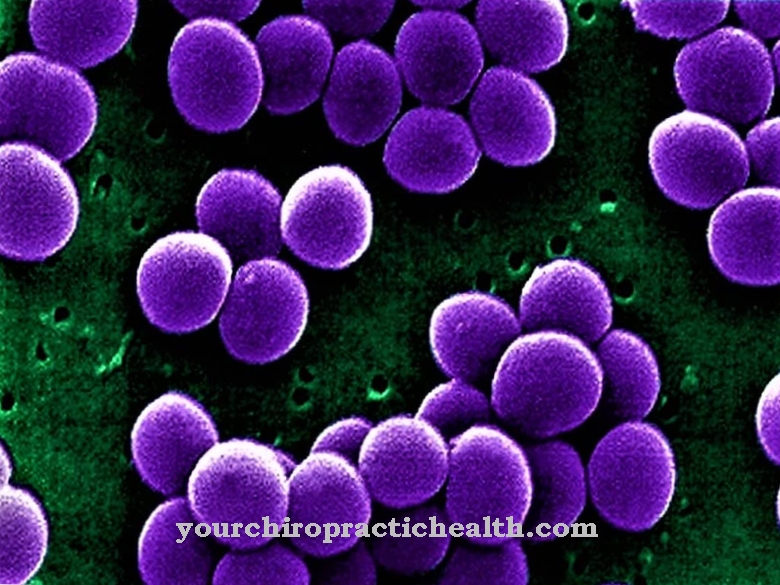

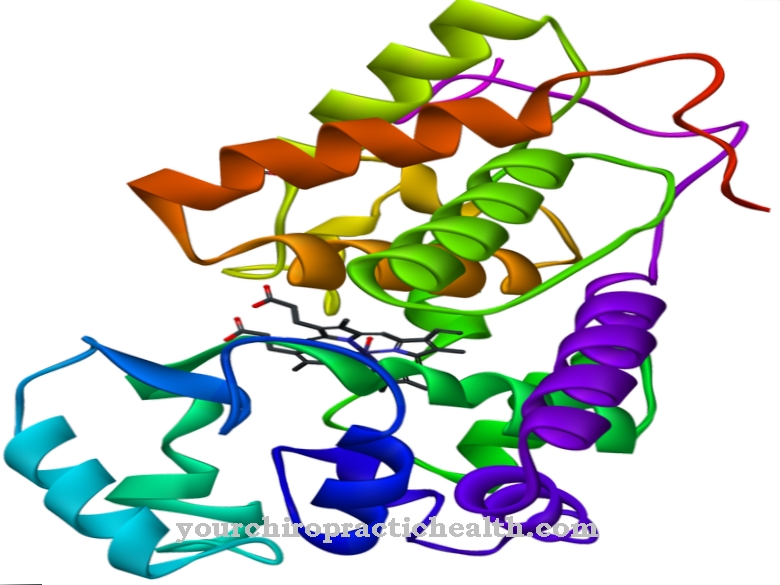

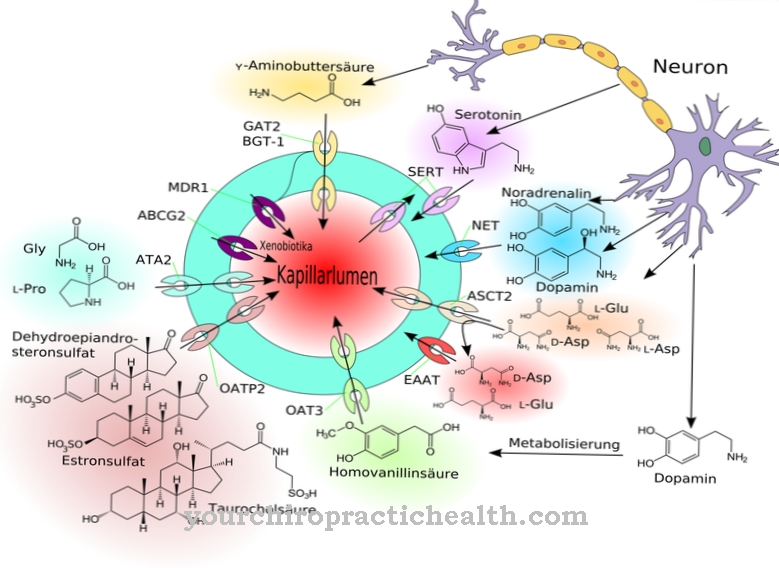
.jpg)
.jpg)

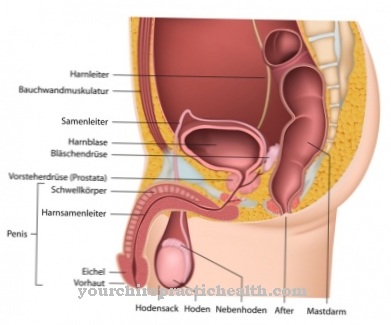

.jpg)
